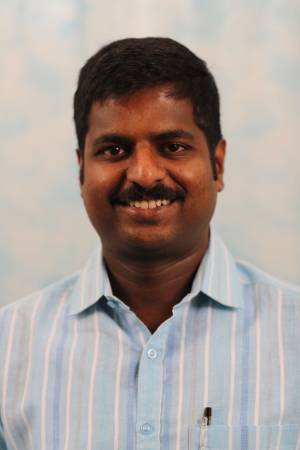
PhD Thesis Defense
April

Carnegie Mellon University
Abstract:
Spectral mapping holds significant importance in many exploration endeavors as it facilitates a deeper comprehension of material composition within a surveyed area. While imaging spectrometers excel in recording reflectance spectra into spectral maps, their large physical footprint, substantial power requirements, and operational intricacies render them unsuitable for integration into small rovers or resource-constrained missions. Conversely, RGB cameras offer advantages in terms of portability, energy efficiency, and widespread applicability for fundamental tasks like hazard identification and terrain analysis but do not measure many of the most diagnostic wavelengths.
In our study, we introduce a method to leverage data from RGB cameras for spectral mapping purposes. This is achieved by representing broad spectra in a latent space and learning a transform from RGB image to this latent space. Despite the inherent lower dimensionality of RGB images, characterized by only three channels compared to the hundreds of channels present in hyperspectral images, we illustrate the feasibility of constructing a regression framework using a sparse set of hyperspectral measurements for training. Our approach employs deep learning methods to encode regional remote sensing spectra and Gaussian methods to learn the transform between the latent representation and image data. By harnessing texture and spatial information from RGB imagery, we observe enhancements in reconstruction accuracy. We demonstrate that the system can be trained using spectra sourced from a broad general spectral catalog, thus eliminating the need for specialized pre-training and enabling deployment flexibility across diverse locations.
The efficacy of our system is evaluated through mineral prediction tasks, yielding prediction accuracies of up to 80% against ground truth. No other method has achieved comparable levels of accuracy in mineral prediction utilizing images. Our experimental evaluation reveals the efficacy of the method at three distinct mineral-rich sites, and establishes its potential for enhancing spectral mapping for exploration.
Thesis Committee Members:
David Wettergreen, Chair
George Kantor
Michael Kaess
Roger Clark, Planetary Science Institute